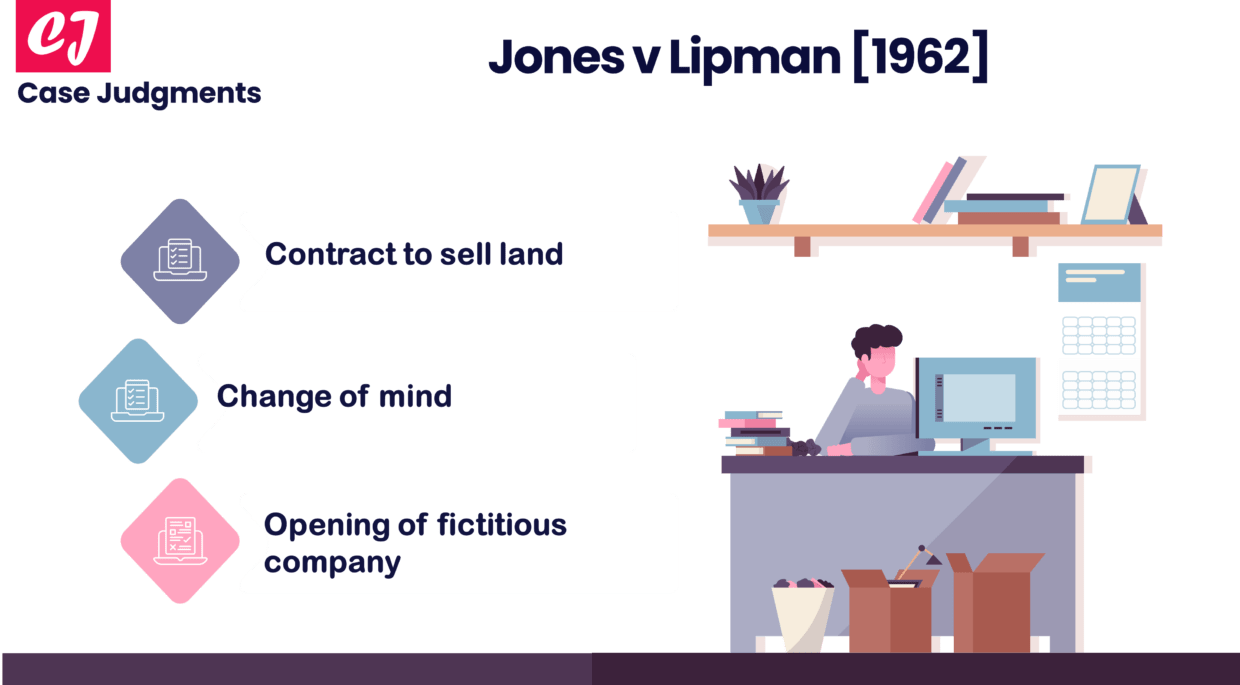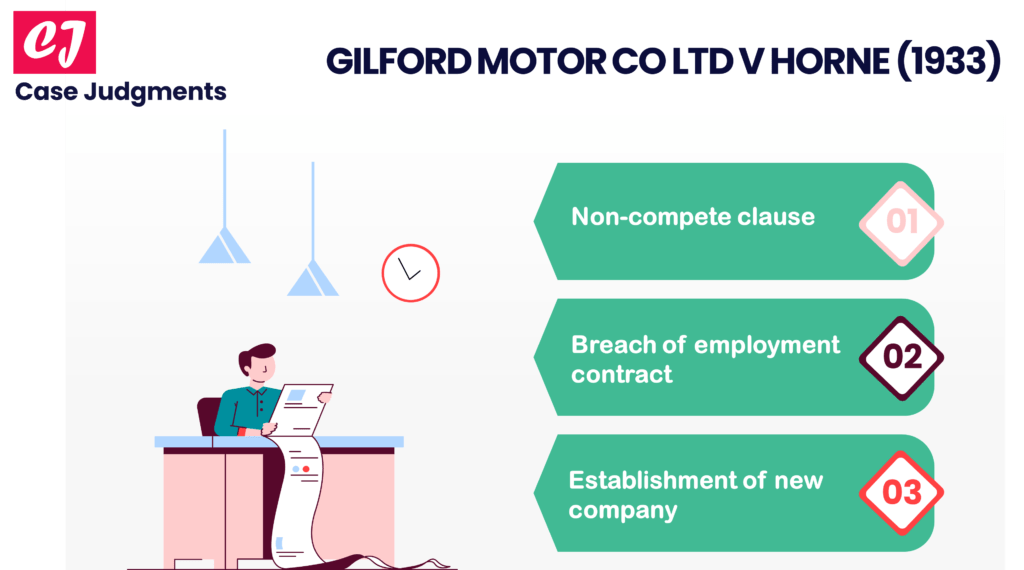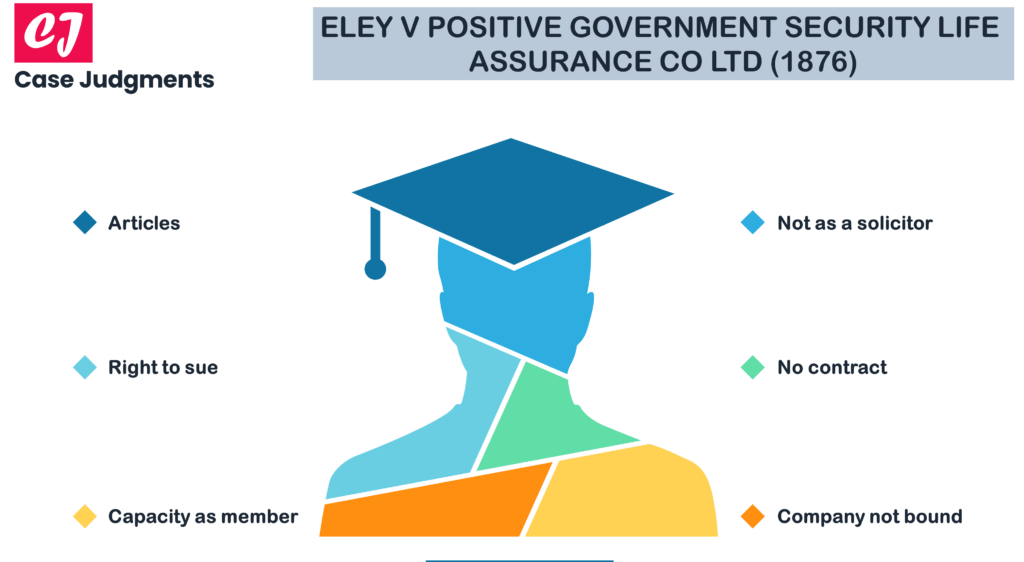
A Case Summary of Jones v Lipman (1962)
Case name & citation: Jones v Lipman [1962] 1 W.L.R. 832
Court and jurisdiction: Chancery Division, United Kingdom
Year of the case: 1962
The learned judge: Russell J
Area of law: Corporate veil
What is the case about?
When it appears that fraudulent activity is being committed or could be committed behind the veil of a corporation, the Courts are more than willing to pierce that veil. Jones v Lipman (1962) is a good example of this point.
Facts of the case (Jones v Lipman)
In the given case, Lipman came to an agreement with Jones to sell some land to him for the price of £5,250. He ultimately changed his mind, and in order to get out of the obligation to fulfill the terms of the contract, he sold it to a company that had been established specifically for that reason. The sale was made for £3,000.
This sale was financed by a bank loan of £1,564 obtained by the company, while the rest of the purchase price remained owing to Lipman. Only Lipman and a clerk of his solicitors were members of the company when it first started.
Jones brought an action for the specific performance against Lipman and the company. Lipman then claimed that he no longer owned the land and could not comply with the contract.
Issue
Was Lipman’s company an attempt to circumvent a previous commitment to meet a legal obligation?
Judgment of the Court in Jones v Lipman
The Court made the order against both Lipman and the company.
Lipman’s strategy failed.
The judge decided to issue an order for specific performance after it was discovered that the company that had been formed was nothing more than a sham or a facade.
The Court took into consideration the actual circumstances, disregarded the transfer, and issued an order requiring the company to hand over ownership of the land to Jones.
Lifting of the corporate veil
When a company is formed with the intention of breaking the law or defeating it, cheating creditors, or evading legal obligations, the Courts will not uphold the separate existence of the company as a legal entity.
There is no set rule for governing the doctrine of “piercing the corporate veil”, which is mostly based on the facts and circumstances of each case. When decisions are made, the seriousness of the issues at stake in each case is taken into account.
List of references:
- https://www.jetir.org/papers/JETIR2207472.pdf
- http://www.cilexlawschool.ac.uk/wp-content/uploads/2018/10/HQ05-Equity-and-Trusts-Sample-2018.pdf
- https://blackwells.co.uk/extracts/9780199232871_dignam.pdf
- https://eol.bnuz.edu.cn/meol/common/script/preview/download_preview.jsp?fileid=3006848&resid=294441&lid=19815
You might also like:
More from corporate law:

